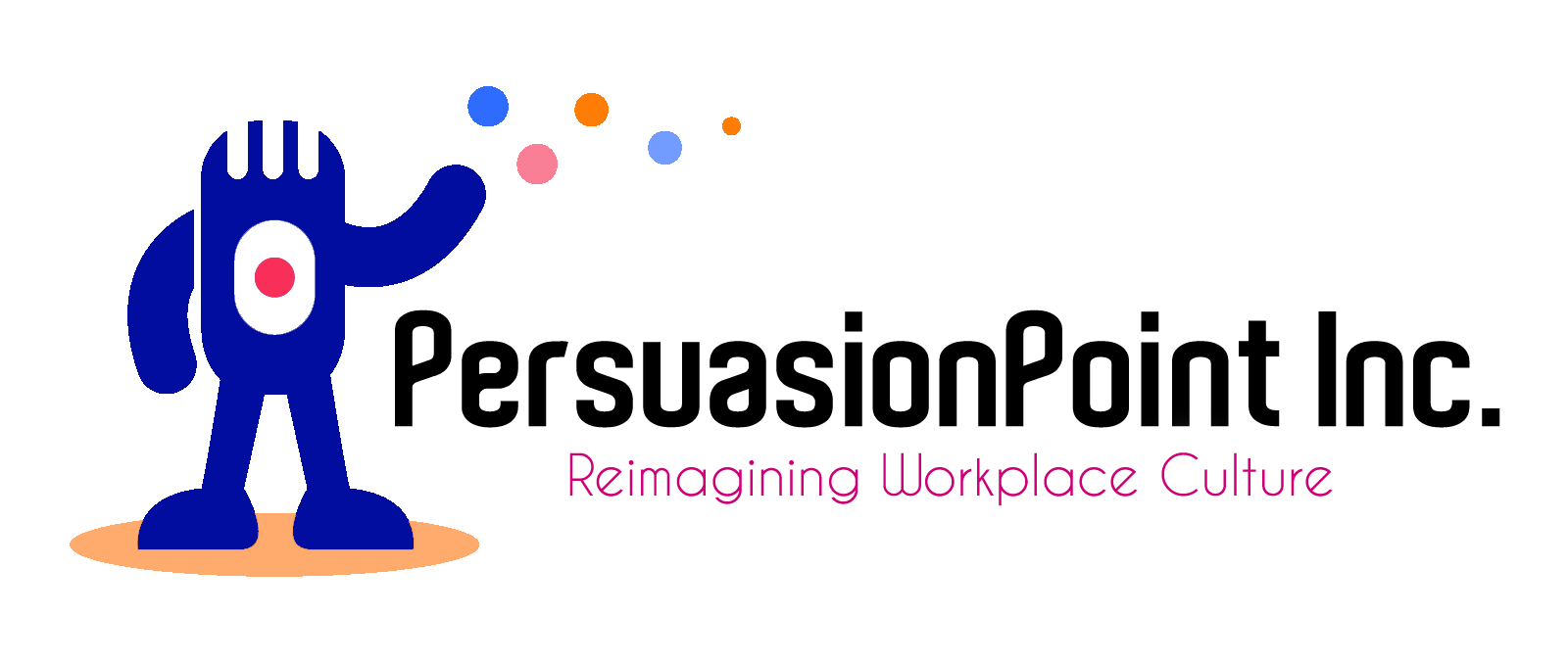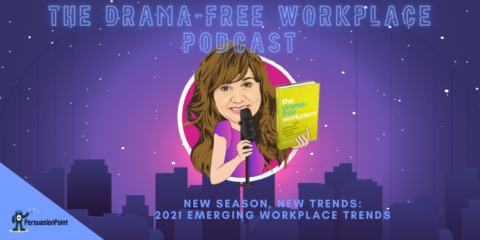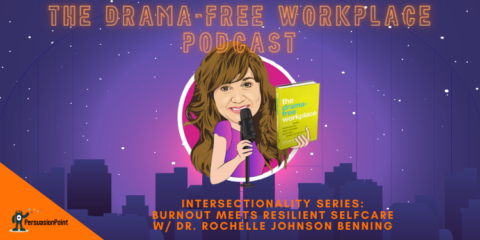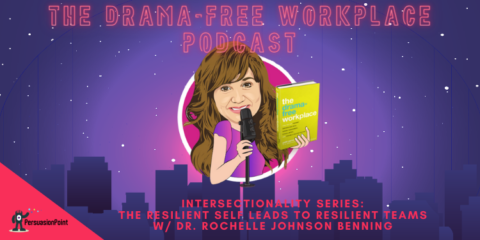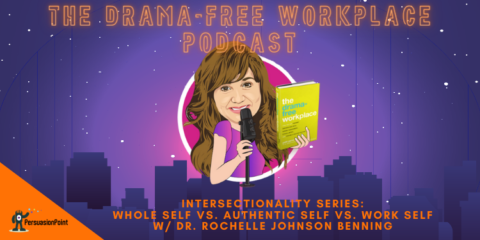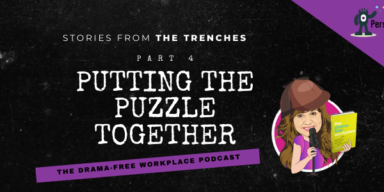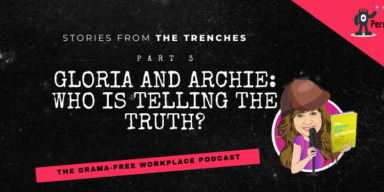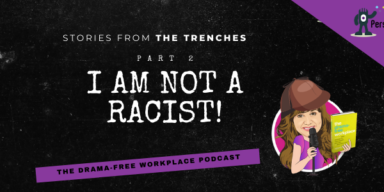Written by Jenn Treado
This article is part of our Alive After ‘85 Series | This part 3 of 3
The writer (hi, hello!) of this blog post comes to the topic of flexible workplace opportunity from a place of white, cishet, able-bodied female privilege. The experiences relayed here do not count for the experiences of everyone, and should never be assumed to be the case. While these experiences were not without effort, there was ease granted because of privilege and what one does with their privilege is always top of mind for the writer.
To round out this blog mini-series on meeting the needs of young workers, I’m going to dive into shifting from a benefits mindset to a mindset of respecting autonomy. I say this with some hesitation, because health insurance benefits are critical to US workers. Full stop. So please do not read this as me saying “young workers don’t need health benefits”. Workers of all ages require this benefit, regardless.
Benefits → Autonomy
I come with my own baggage about benefits, particularly health benefits, because my partner is a Type 1 Diabetic. The healthcare system in the U.S. is such that we require health benefits for his insulin. This means one of us must always remain tethered to a more “traditional” working environment until something changes.
Overall, this ties to a much larger conversation that I am even less qualified to talk on with any authority beyond my own quantitative data. And so, I’ll leave it there.
But, as I mentioned in the previous blog post, the opportunity for growth and talent retention related to what benefits truly are, and what they could be, resides within having faith in your employees. We aren’t here to take advantage of systems – the systems have taken advantage of us enough and we’ve no interest in repeating those patterns (the GameStop stock schadenfreude aside).
Tip #3
What we would like to see is that employers have faith that we know what is best for us when it is best for us (AKA autonomy). Again, that could look like unlimited vacation without retaliation when we decide we need a break. Or, more emphasis on mental health coverage without fear of judgment should we need to readjust our working hours to accommodate a therapy appointment.
Personally, I’m unable to use my preferred mental health provider because our health insurance won’t cover it. Could I just bite the bullet and pay full price? Yes. Should I have to? No.
And for those companies that provide on-site counseling for free up to X visits? Thank you. That is a step in the right direction, and it isn’t enough. Mental health needs are increasing. We’re in late-stage pandemic. The repercussions of this will ripple out over decades, not just in our financial economies – personal, regional, and global – but also in our minds and bodies. We’ve all experienced a lot of trauma over the past year+, and we’re not out of the woods yet.
Longer-term mental healthcare coverage should be top of mind when a company is looking at partnering with healthcare insurance providers. Providing employees with adequate time off, and flexible schedules, to rest is another must.
In Conclusion
All of this truly does go back to the work we do here at PersuasionPoint, shifting from respect to grace, allyship to kinship, trust to faith, connection to community, and candor to compassion.
And that is why I am part of this team. The values align, the work aligns. There is grace, and kinship, and compassion, and a rich curiosity that drives our work. These are all things we want to bring to our client organizations as the workplace evolves.
Workplace leaders and people ops folks have a choice in how they show they value their talent. It starts with action, not PR statements and committees devoid of empowerment. Leaders can stick with one-size fits all, old paradigm thinking and continue to struggle with talent retention.
Or, they can get curious, and shift into a new paradigm. One that asks smart questions, and garners mutual respect and grace. And through this, organizations can create cultures that are emboldened with deep-rooted values and alignment; cultures that meet the needs of young workers currently in mid-career, and younger workers finding their way.
About the Author
Jenn Treado is known as the woman behind the curtain at PersuasionPoint. She handles the backend tech of all things, from marketing to email to website. Jenn’s B.A. in Computing and Information Technology and M.F.A. in Creative Writing & Poetics makes her a very practical visionary. Her keen eye, sharp observations and sensitivity ensure our clients’ concerns are understood and resolved through lenses of fairness and open communication, while protecting their anonymity and safety. She loves her work with PersuasionPoint because the company’s passion for accessibility, kinship, and space-holding represents a deep-rooted value alignment. She’s an INFP, 4w5, and her super power is listening.

About PersuasionPoint
Patti Perez is founder and CEO of PersuasionPoint, a modern-day consulting firm dedicated to teaching leaders and teams how to create and sustain healthy, equitable and inclusive workplace cultures. Patti is the best-selling, award-winning author of The Drama-Free Workplace (Wiley 2019), and draws from the book’s themes to provide practical, authentic, and action-oriented solutions to help companies achieve true diversity and equity, and to create environments of belonging and inclusion.
Patti and the team provide services specifically tailored to address workplace struggles with recruiting, retaining, promoting and fully valuing diverse employees – including consulting, leadership training, and boot camps for diverse attorneys who are emerging leaders.
Contact Patti here or email her directly at Patti@PersuasionPoint.com.
